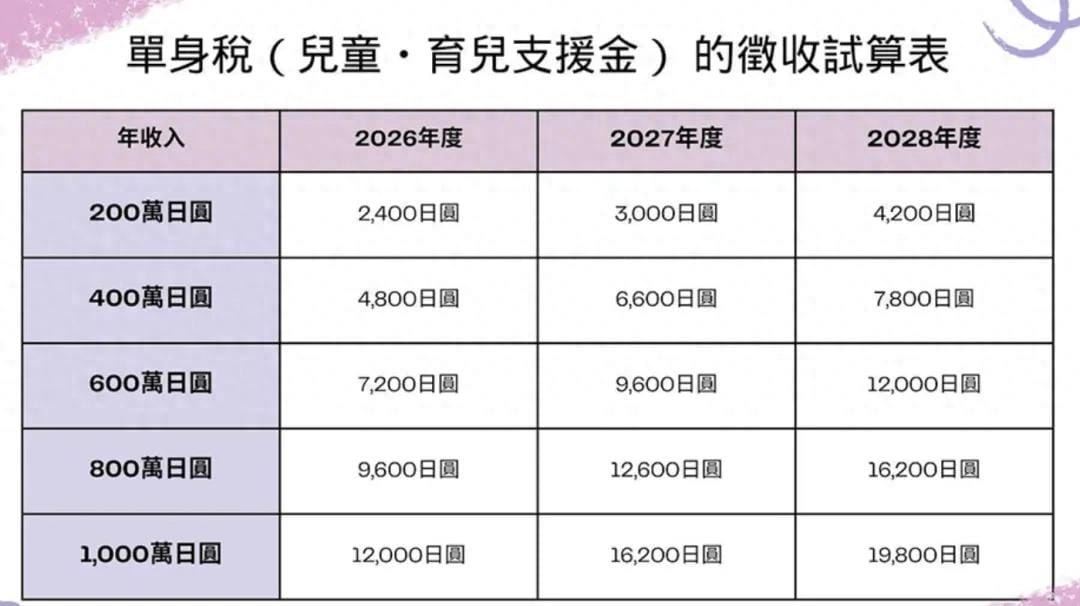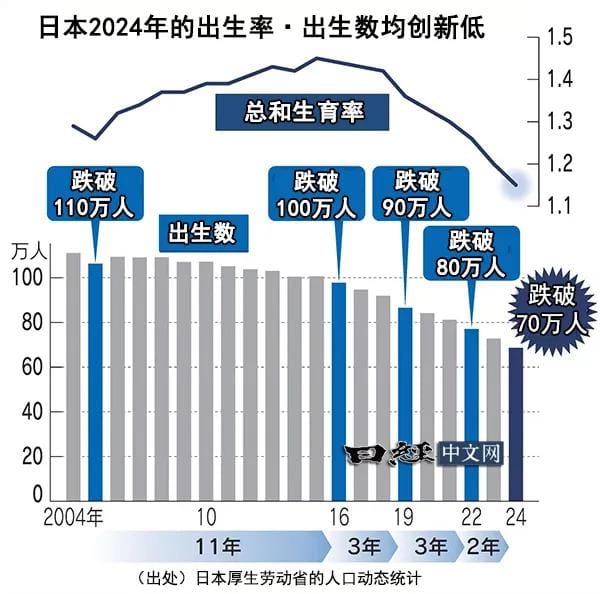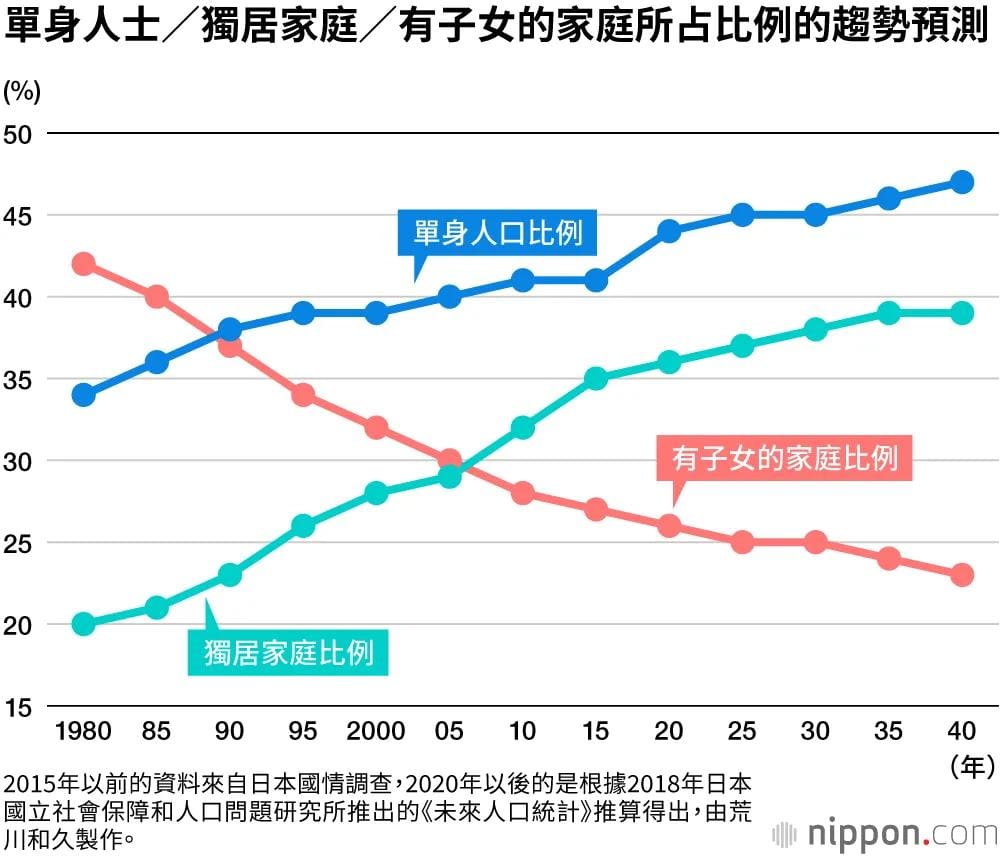Japan's 'Single Person Tax' and Why It Raises Deep Concerns About Society's Future
Japan’s new universal child-rearing tax policy aims to support families but raises important questions about fairness and societal direction.

The New "Single Person Tax" Debate: What’s Really Happening? 🤔
Japan will introduce the so-called "Child and Parenting Support Fund" in April 2026, a policy that everyone—whether they have children or not—will pay into. This levy, ranging from 2,400 to 12,000 yen annually, is deeply entwined with health insurance payments and is designed to fund subsidies for families raising children. While officially denied as a "single person's tax," public opinion has dubbed it just that, highlighting the bitter irony: those without children pay, while only parents benefit. 💸
This universal child-rearing tax raises essential questions about fairness in society. Some compare it to historic "single taxes" imposed on unmarried men in ancient Greece and Rome, or the Soviet Union’s "tax on the unmarried," showing how governments have long tried to incentivize certain social behaviors—sometimes controversially. Is Japan repeating a cycle, or forging a necessary path for its future?

Why Is Japan in Such a Hurry to Stimulate Births? 🇯🇵
Japan faces a demographic emergency. After 14 years of population decline, with births dropping below 700,000 last year, the country is grappling with the consequences of its aging population and erosion of the family unit. The phrases "super-single society" and "low-desire society" aren’t just media buzzwords; they describe a reality where individuals increasingly forgo marriage and children. With single-person households now 38% of all households nationwide, and over half in Tokyo, Japan is witnessing a social transformation unlike any before.
The implications are severe: fewer workers to support an aging population, dwindling domestic markets, and a potential societal stagnation. Elon Musk’s warning that "Japan will cease to exist" might sound extreme, but the grim statistics behind it are hard to ignore.

Can Money Buy Babies? Japan’s 30-Year Fertility Gamble 🎲
Japan has poured money into supporting childbearing for decades—over 66 trillion yen since 1994. From subsidies for newborns to free education extending into university for large families, the government has created what could be called a "fertility-friendly society." And yet, the fertility rate continues its downward spiral, revealing that financial incentives alone can't rewrite deeply rooted social trends.
The problem runs deeper than economics. Cultural shifts toward individualism, insecurity around future prospects after decades of economic stagnation, and growing class divides have created a perfect storm of factors discouraging childbirth. In fact, stimulating births is apparently even harder than suppressing them. 🌀
The controversial child-rearing tax may be a pragmatic attempt to slow decline, but critics worry it’s a band-aid on a much larger structural wound. Is Japan inadvertently penalizing singles and childless citizens without addressing the heartfelt reasons they choose their lifestyles?

What Does This Mean for Society Moving Forward? 💭
This policy smacks of tough reality: to save the nation’s future, everyone must contribute, regardless of personal circumstance. Yet it also raises pressing questions about equity, community, and government’s role in private life. Will this tax alienate already disenchanted singles, or will it create broader solidarity to face a demographic crisis together?
As Oscar Wilde ironically noted, the idea of taxing the "rich bachelor" for being happier is witty but poignant—are we approaching a societal era where parenthood becomes a public responsibility, and singleness a financial burden? The answer will shape Japan’s social fabric for decades to come.

Final Thoughts: Is There a Better Way? 🌱
Japan’s demographic and economic challenges are complex and urgent. The universal child-rearing tax might be a start, but as history and policy analysis show, no single measure can reverse deep cultural shifts overnight. It will take multifaceted solutions involving economic revitalization, redefining gender roles, workplace reforms, and cultural change.
For now, all eyes are on Japan as it navigates this unprecedented social experiment. Whatever the outcome, it emphatically raises important questions about how societies value family, equity, and the right to choose one’s own life path.
Stay tuned, because Japan’s future might just be a pressing case study for the world.




